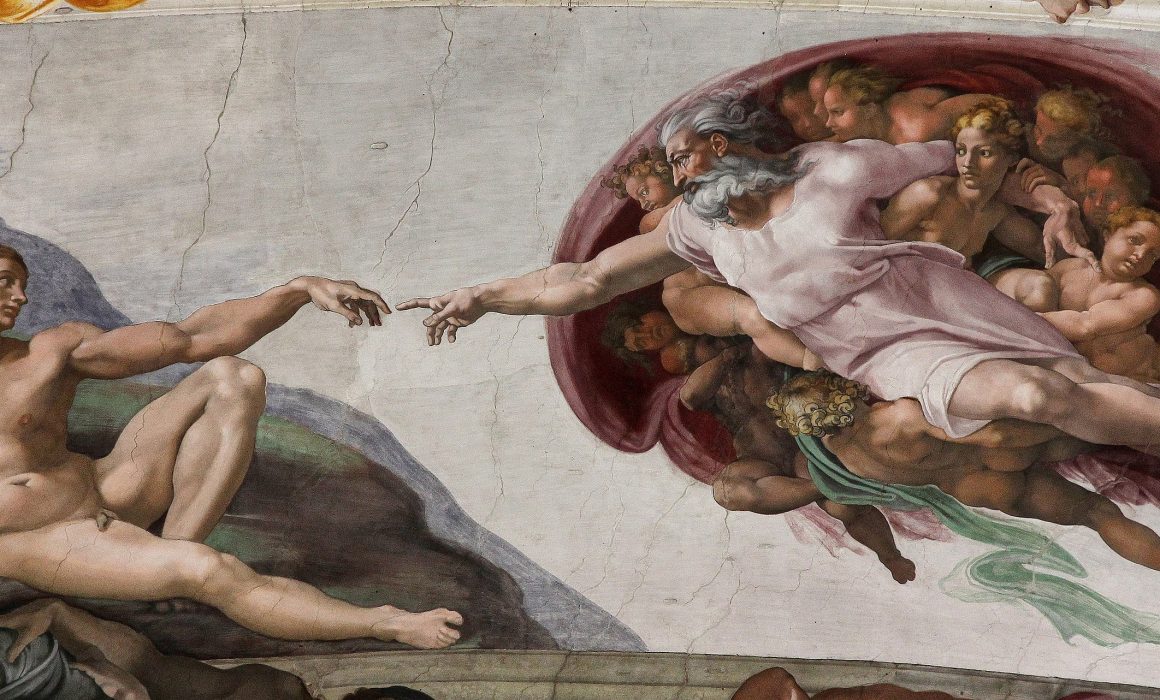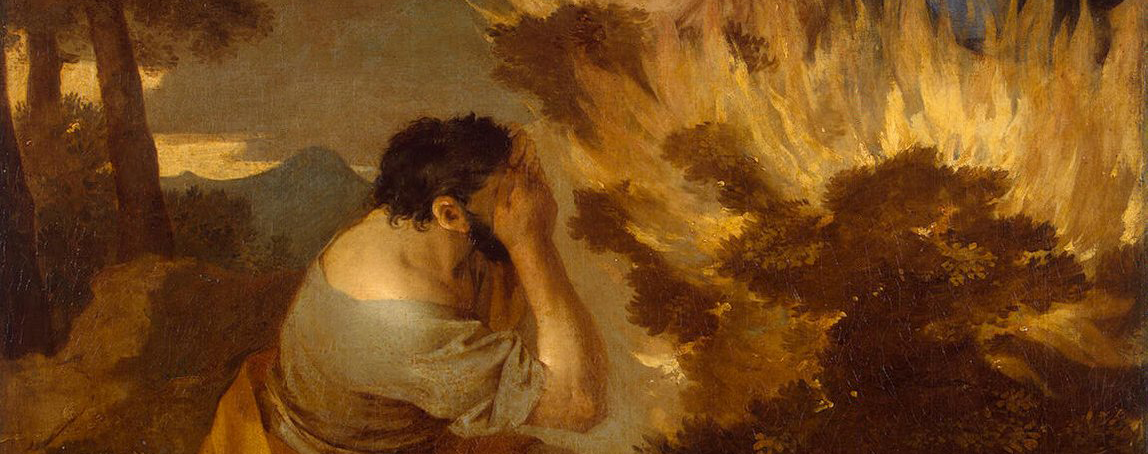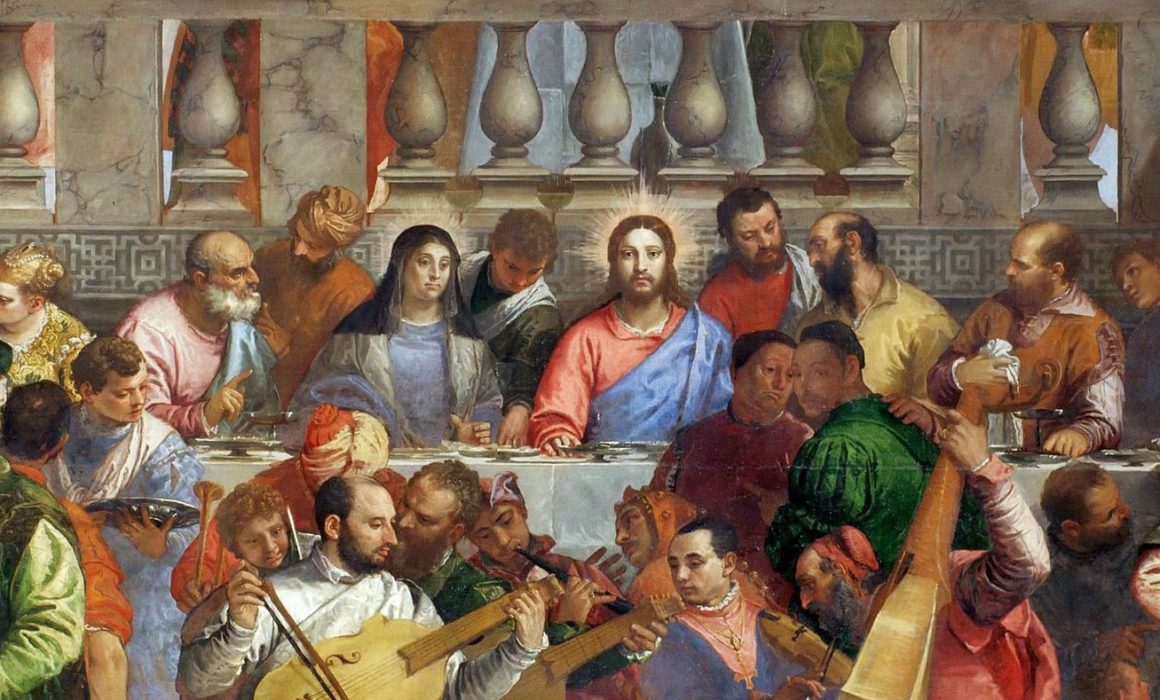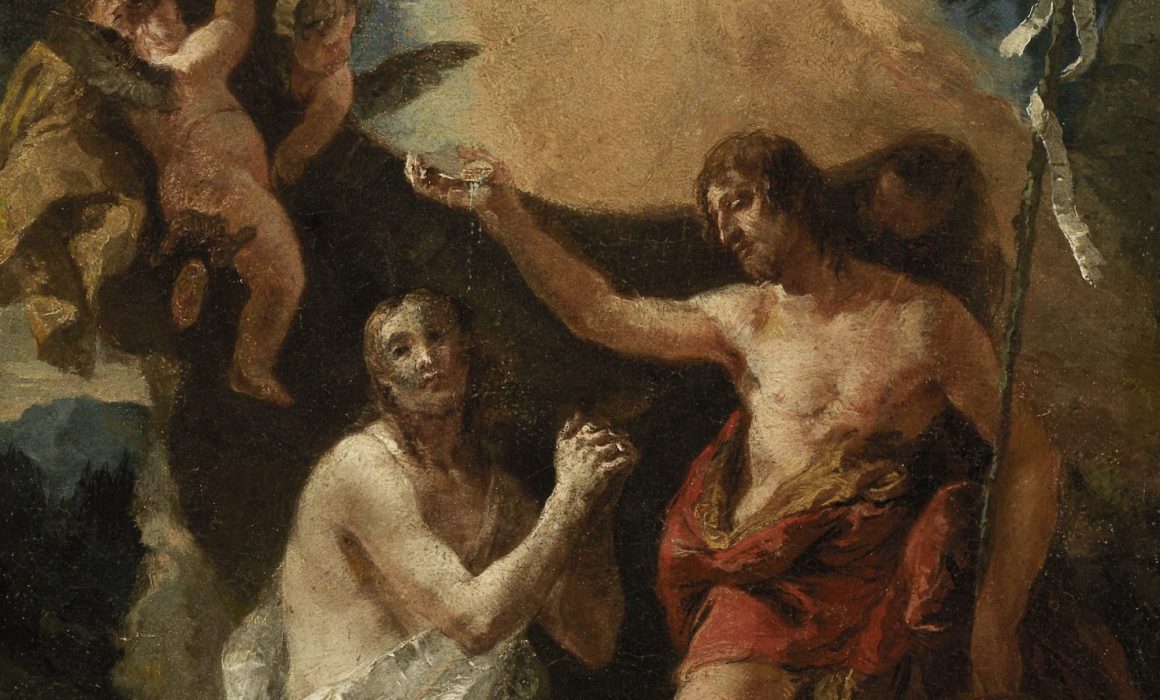Third Sunday of Easter
Topics for Reflection
- What are the names of the Holy Spirit?
- How can we know the Spirit who is invisible?
- What symbols are used for the Holy Spirit?
In the indivisible Trinity, the Son and the Spirit are distinct but inseparable. From the very beginning until the end of time, when the Father sends his Son he also sends his Spirit who unites us to Christ in faith so that as adopted sons we can call God “Father” (Romans 8:15). The Spirit is invisible but we know him through his actions, when he reveals the Word to us and when he acts in the Church.
“The Holy Spirit” is the proper name of the third Person of the Most Holy Trinity. Jesus also called him the Paraclete (Consoler or Advocate) and the Spirit of Truth. The New Testament also refers to him as the Spirit of Christ, of the Lord, of God – the Spirit of Glory and the Spirit of the Promise.
There are many symbols of the Holy Spirit: living water which springs from the wounded Heart of Christ and which quenches the thirst of the baptized; anointing with oil, which is the sacramental sign of Confirmation; fire which transforms what it touches; the cloud, dark or luminous, in which the divine glory is revealed; the imposition of hands by which the Holy Spirit is given; the dove which descended on Christ at his baptism and remained with him. (Compendium of the Catholic Church 137-139)
Readings: 5th Sunday of Lent
Reading I: Acts 5:27-32, 40b-41
When the captain and the court officers had brought the apostles in and made them stand before the Sanhedrin, the high priest questioned them, “We gave you strict orders, did we not, to stop teaching in that name? Yet you have filled Jerusalem with your teaching and want to bring this man’s blood upon us.” But Peter and the apostles said in reply, “We must obey God rather than men. The God of our ancestors raised Jesus, though you had him killed by hanging him on a tree. God exalted him at his right hand as leader and savior to grant Israel repentance and forgiveness of sins. We are witnesses of these things, as is the Holy Spirit whom God has given to those who obey him.” The Sanhedrin ordered the apostles to stop speaking in the name of Jesus, and dismissed them. So they left the presence of the Sanhedrin, rejoicing that they had been found worthy to suffer dishonor for the sake of the name.
Responsorial Psalm: Ps 30:2, 4, 5-6, 11-12, 13
R (2a) I will praise you, Lord, for you have rescued me.
or:
R Alleluia.
I will extol you, O LORD, for you drew me clear
and did not let my enemies rejoice over me.
O LORD, you brought me up from the netherworld;
you preserved me from among those going down into the pit.
R I will praise you, Lord, for you have rescued me.
or:
R Alleluia.
Sing praise to the LORD, you his faithful ones,
and give thanks to his holy name.
For his anger lasts but a moment;
a lifetime, his good will.
At nightfall, weeping enters in,
but with the dawn, rejoicing.
R I will praise you, Lord, for you have rescued me.
or:
R Alleluia.
Hear, O LORD, and have pity on me;
O LORD, be my helper.
You changed my mourning into dancing;
O LORD, my God, forever will I give you thanks.
R I will praise you, Lord, for you have rescued me.
or:
R Alleluia.
Reading II: Rev 5:11-14
I, John, looked and heard the voices of many angels who surrounded the throne and the living creatures and the elders. They were countless in number, and they cried out in a loud voice: “Worthy is the Lamb that was slain to receive power and riches, wisdom and strength, honor and glory and blessing.” Then I heard every creature in heaven and on earth and under the earth and in the sea, everything in the universe, cry out: “To the one who sits on the throne and to the Lamb be blessing and honor, glory and might, forever and ever.” The four living creatures answered, “Amen, “and the elders fell down and worshiped.
Alleluia
- Alleluia, alleluia.
Christ is risen, creator of all;
he has shown pity on all people.
R. Alleluia, alleluia.
Gospel: Jn 21:1-19 or 21:1-14
At that time, Jesus revealed himself again to his disciples at the Sea of Tiberias. He revealed himself in this way. Together were Simon Peter, Thomas called Didymus, Nathanael from Cana in Galilee, Zebedee’s sons, and two others of his disciples. Simon Peter said to them, “I am going fishing.” They said to him, “We also will come with you.” So they went out and got into the boat, but that night they caught nothing. When it was already dawn, Jesus was standing on the shore; but the disciples did not realize that it was Jesus. Jesus said to them, “Children, have you caught anything to eat?” They answered him, “No.” So he said to them, “Cast the net over the right side of the boat and you will find something.” So they cast it, and were not able to pull it in because of the number of fish. So the disciple whom Jesus loved said to Peter, “It is the Lord.” When Simon Peter heard that it was the Lord, he tucked in his garment, for he was lightly clad, and jumped into the sea. The other disciples came in the boat, for they were not far from shore, only about a hundred yards, dragging the net with the fish. When they climbed out on shore, they saw a charcoal fire with fish on it and bread. Jesus said to them, “Bring some of the fish you just caught.” So Simon Peter went over and dragged the net ashore full of one hundred fifty-three large fish. Even though there were so many, the net was not torn. Jesus said to them, “Come, have breakfast.” And none of the disciples dared to ask him, “Who are you?” because they realized it was the Lord. Jesus came over and took the bread and gave it to them, and in like manner the fish. This was now the third time Jesus was revealed to his disciples after being raised from the dead. When they had finished breakfast, Jesus said to Simon Peter, “Simon, son of John, do you love me more than these?” Simon Peter answered him, “Yes, Lord, you know that I love you.” Jesus said to him, “Feed my lambs.” He then said to Simon Peter a second time, “Simon, son of John, do you love me?” Simon Peter answered him, “Yes, Lord, you know that I love you.” Jesus said to him, “Tend my sheep.” Jesus said to him the third time, “Simon, son of John, do you love me?” Peter was distressed that Jesus had said to him a third time, “Do you love me?” and he said to him, “Lord, you know everything; you know that I love you.” Jesus said to him, “Feed my sheep. Amen, amen, I say to you, when you were younger, you used to dress yourself and go where you wanted; but when you grow old, you will stretch out your hands, and someone else will dress you and lead you where you do not want to go.” He said this signifying by what kind of death he would glorify God. And when he had said this, he said to him, “Follow me.”





